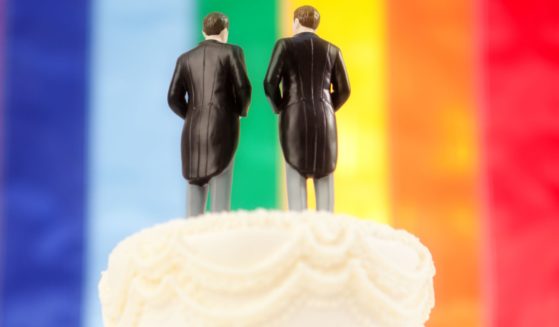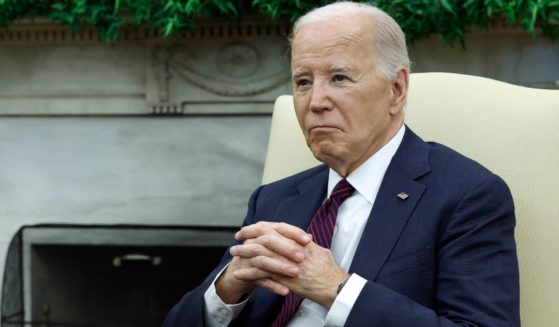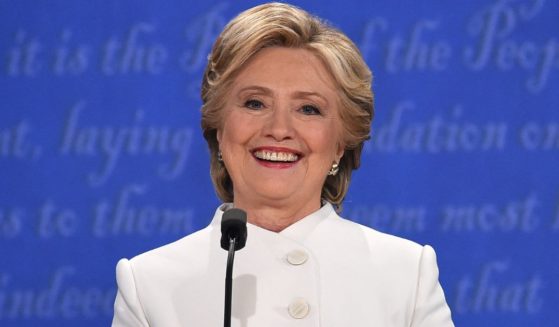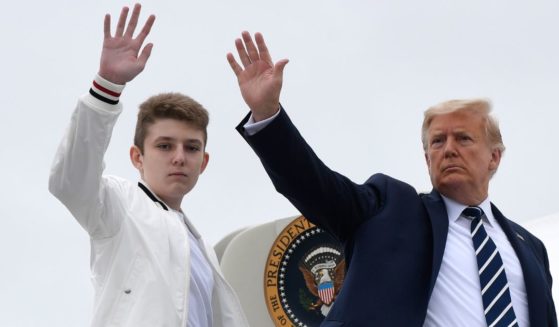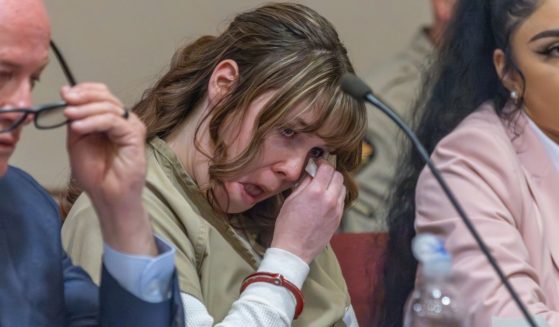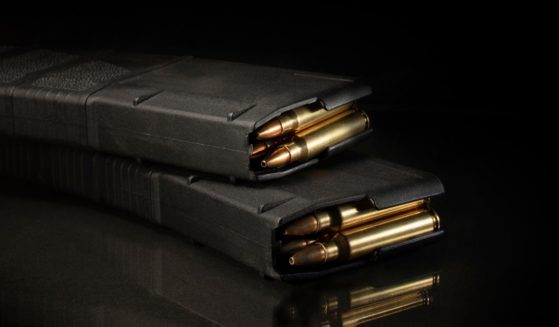BBC Eliminating Word 'Terror' from News Vocabulary: Report
According to a report this week from the U.K. Daily Mail, the BBC will soon be forbidding its journalists from using the the word “terror” to describe terror attacks.
Instead, journalists will reportedly be told to only use specific details about terror attacks, like the method and location of the attacks.
That means when a terror attack occurs — like 9/11, the terror attack at London Bridge, the terror attack at Manchester Arena or the terror attack on a mosque in Christchurch, New Zealand — BBC reporters won’t be allowed to call the attacks what they are unless they’re quoting someone else.
Why the reported change?
It seems to have something to do with creating consistency in phrasing.
“It boils down to that phrase, ‘One man’s terrorist is another man’s freedom fighter,'” a senior news source within the BBC told the Daily Mail.
But not all BBC employees are happy about the reported decision, the outlet reported, especially when considering they’ve already been told to avoid the terms “terrorist” and “terrorism” and instead use words like “militant” or “jihadists.”
“The end result is a desire to squeeze the word terror out altogether, which many people think is nuts,” a BBC source told the Daily Mail.
Outside of the BBC, the comments were even more blunt.
“If they don’t want to use that [the word terror] then they’re failing in their public service duty which is to be clear and accurate,” David Green, a former Home Office adviser, said, according to the Daily Mail.
“I think there is a common usage, which has some recognition in law, which if you use attempted killing or injury to a political objective, then that’s terrorism,” he said.
“It would be misleading not to say that these are terrorist episodes if they are attempts to advance a political or ideological cause through violence.”
“They are terrorists and these are terror attacks. The BBC should not try to sanitize the behavior of terrorists by not calling it out,” Andrew Bridgen, a Conservative member of Parliament, added.
It’s worth noting that the Daily Mail’s report is based on anonymous sources.
And the news organization did not respond to a request for comment from Conservative Tribune, a section of The Western Journal, in time for publication of this article.
But several hours after publication, the BBC sent Conservative Tribune the following emailed statement: “People should wait to read the new editorial guidelines when they are published rather than speculating.”
It will certainly be interesting to read the new editorial guidelines in full. But the big question, if the Daily Mail’s report is indeed accurate, is why?
Why ban a word that hasn’t been problematic? We all know what outlets mean when they use terms like “terrorist,” “terrorism,” and “terror attacks.”
Or is that exactly the problem?
Is the BBC afraid to call incidents of terrorism “terror attacks” because we’re seeing what’s happening and they don’t have the courage to call a spade a spade?
There’s a growing movement to avoid calling things what they are — all in an effort to appease the mob and appear virtuously “woke.”
But when a large media organization lacks the intestinal fortitude to speak clearly about the issues, then they are contributing to this obtuseness, not alleviating it.
People commit acts of terror because they have bad ideas, believe lies and embrace evil.
If the BBC can’t figure out how to condemn them for that, then they have more problems on their hands than just an outdated editorial guide.
Truth and Accuracy
We are committed to truth and accuracy in all of our journalism. Read our editorial standards.
